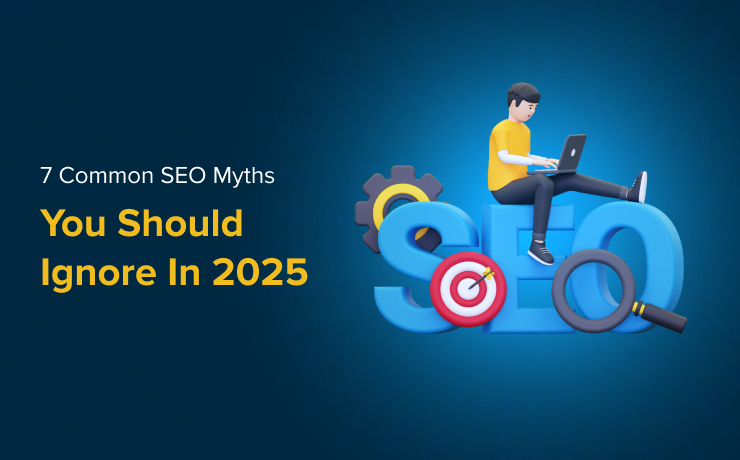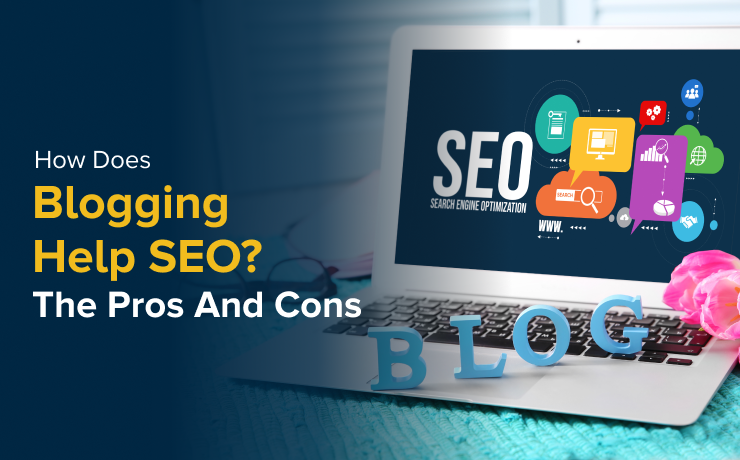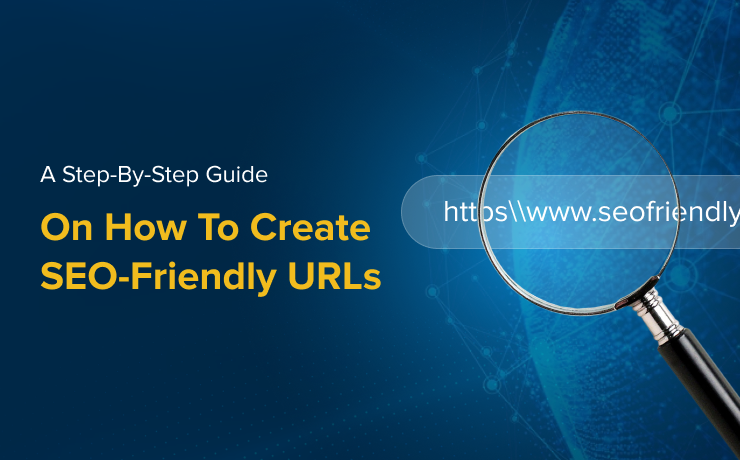
When it comes to SEO, there’s no shortage of myths that can steer businesses in the wrong direction. In 2024, it’s vital to distinguish between fact and fiction to implement a strategy that actually works. Below, we’ll break down the most common SEO myths and facts you need to understand to get the most from your website’s search engine optimization.
SEO Is a One-Time Task
One of the most widespread SEO myths in 2024 is that once you’ve optimized your website, you’re done. The truth is, SEO is an ongoing process that requires constant attention. Search engines like Google are continuously updating their algorithms, and competitors are always working to improve their own SEO strategies. Therefore, a successful SEO strategy in 2024 involves monitoring, refining, and auditing SEO content and technical elements regularly.
SEO myths about it being a one-off task can set you up for disappointment. To stay ahead, you need to continuously assess your site’s performance, refresh your content, and adapt to changes in the search engine algorithms.
More Keywords Equal Better Ranking
Some believe that stuffing content with as many keywords as possible will boost rankings. This is one of the most outdated SEO myths that’s still circulating in 2024. Search engines have evolved, and keyword stuffing is now penalized rather than rewarded.
Today’s best practice is to focus on natural, user-focused content that includes relevant keywords. Instead of overloading your pages with keywords, the goal should be to use them strategically, with a focus on delivering valuable, engaging content. The key is quality over quantity.
Social Media Directly Affects SEO Rankings
While there’s no doubt that social media can help increase visibility, engagement, and traffic to your website, it doesn’t directly impact SEO rankings. One of the more persistent SEO myths in 2024 is that social signals (like shares and likes) are used as ranking factors by search engines.
The reality is that while social media can drive traffic and build brand awareness, it doesn’t directly influence how high your website ranks in search results. That said, more traffic and engagement can improve indirect SEO factors like brand recognition and backlinks, which ultimately contribute to your ranking.
SEO Results Are Instant
Another common misconception is that you will see SEO results overnight. Unfortunately, that’s far from the truth. SEO takes time. For a new website, it may take months to see noticeable changes in rankings and traffic, especially if you’re targeting competitive keywords.
Even with an established site, improvements such as enhanced content, technical fixes, and link-building efforts can take time to show results. SEO is a long-term investment. Be patient and focus on building a solid strategy over time.
Meta Tags Are Not Important for SEO
In 2024, many believe that meta tags, particularly the meta description, have little effect on SEO rankings. While meta descriptions don’t directly influence rankings, they do play a significant role in user engagement and click-through rates (CTR). An engaging and informative meta description can encourage more users to click on your link when it appears in search results.
Moreover, the title tag remains one of the most important on-page SEO elements. Although meta tags alone won’t guarantee a high ranking, they help search engines understand the content of your pages and provide users with the necessary context to click through to your site.
More Backlinks Are Always Better
Backlinks are an important ranking factor, but the quantity of backlinks doesn’t matter as much as the quality. One of the enduring SEO myths is that more backlinks automatically lead to higher rankings. The truth is, low-quality backlinks can harm your SEO efforts.
Search engines favor backlinks from reputable and relevant sites. It’s better to have a few high-quality backlinks from trusted sources than dozens of irrelevant or spammy links. The focus should be on acquiring backlinks through content marketing, guest blogging, and relationship-building, rather than simply acquiring as many backlinks as possible.
Mobile Optimization Is Optional
With the rise of mobile users, mobile optimization is no longer optional—it’s essential for SEO in 2024. Google’s mobile-first indexing means that Google predominantly uses the mobile version of your website to rank it. Websites that aren’t optimized for mobile devices will likely suffer in terms of both user experience and search engine rankings.
In fact, many sites that aren’t mobile-friendly experience a significant drop in rankings and traffic. Make sure your site is responsive and provides a seamless experience for users on smartphones and tablets.
SEO myths can mislead you and waste valuable time and resources. To stay ahead of the curve in 2024, focus on ongoing optimization, quality content, and a strategic approach.
Feeling Lost? SmartSites Can Help Boost Your SEO Game
If you’re looking for a digital marketing partner to guide your SEO efforts, SmartSites specializes in providing data-driven SEO strategies that drive measurable results. Our SEO campaigns are designed to double your traffic within six months, ensuring that you achieve sustained growth and a strong online presence. Whether you need help improving your website’s SEO, driving targeted traffic through Google Ads, or creating a comprehensive digital marketing strategy, we are here to guide you every step of the way.
 Free
Consultation
Free
Consultation Free
Google Ads Audit
Free
Google Ads Audit








